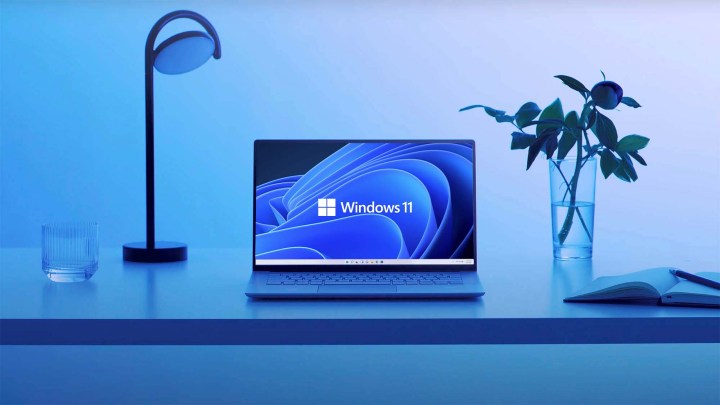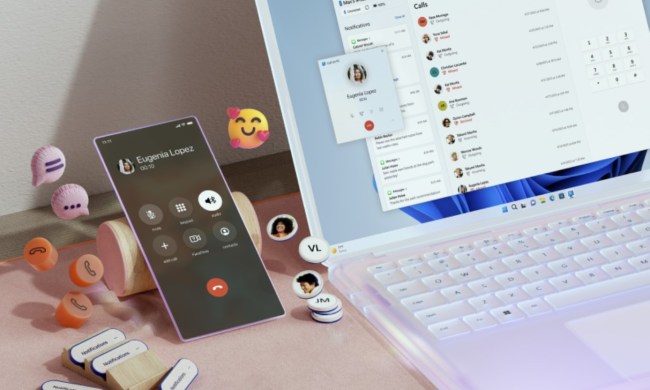A recently launched Windows 11 preview update has been reported as unsafe for computer installation due to issues with .NET Framework 3.5 applications.
Microsoft has detailed on its Windows health dashboard that if installed, the Windows 11 KB5012643 preview update might cause certain applications that support the framework to break. The apps might not work properly or might fail to open altogether, PCGamer added.

Microsoft has not shared exactly which major applications have been affected; however, the brand did note that associated 3.5 framework features, such as Windows Communication and Windows Workflow Foundation, seem to be among those affected by the issues in the update.
PCGamer noted that due to the .NET Framework 3.5 connection, various console apps and Windows services, such as its productivity suite of apps, could be among those affected; however, none of this has been confirmed.
There is also no word on what the update was intended to address, only that it is incurring issues now. The general recommendation is that users avoid installing version 21H2 of Windows 11 with the KB5012643 update if they have not done so already.
For those who have installed the update, there is hope, as Microsoft has shared some workarounds users can try while it attends to the issue overall.
Users have the option to uninstall the update if any issues arise, by accessing Windows Update Settings in System Settings. From here users can view their update history and return to a previous system version.
Users can also try to reinstall .NET Framework 3.5 and the Windows Communication Foundation in Windows Features. This can be accessed through the control panel, and Microsoft has detailed instructions on how to perform this fix.
BleepingComputer notes that IT admins and advanced users can launch the following Command Prompt as an administrator, to re-enable the framework.
dism /online /enable-feature /featurename:netfx3 /all
dism /online /enable-feature /featurename:WCF-HTTP-Activation
dism /online /enable-feature /featurename:WCF-NonHTTP-Activation


